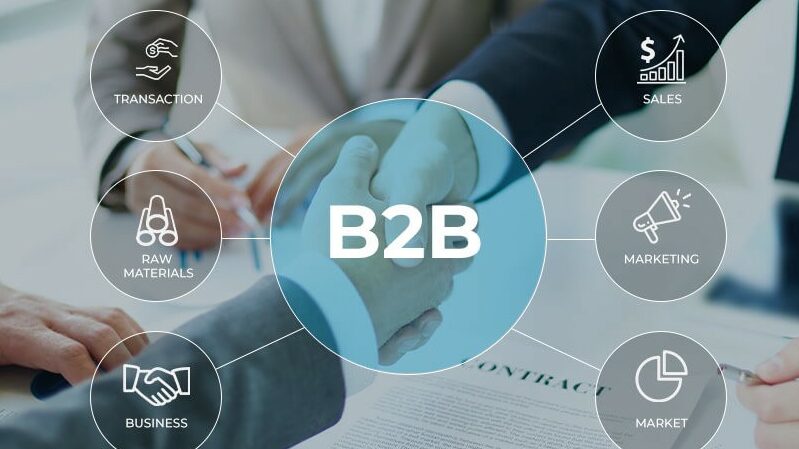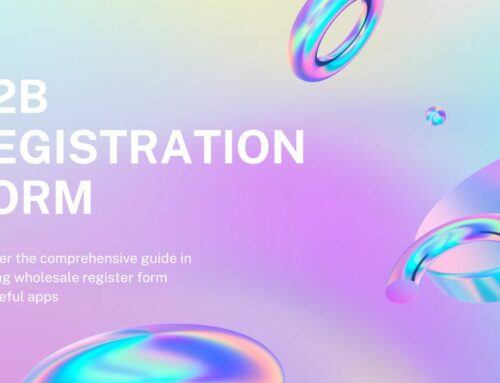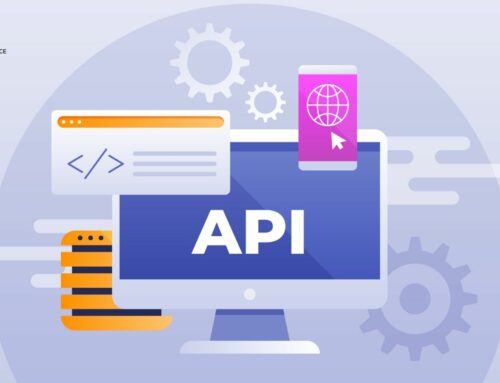Shopify is an excellent platform for any online business, including B2B stores. The platform has even launched a Shopify Plus plan for large and B2B businesses. However, what if you are selling to both individual and wholesale customers? Will you need to separate your Shopify B2B store or manage both in the same store?
In fact, having one Shopify account to handle both your B2C and B2B operations makes maintenance and management a breeze. On the other hand, separating the B2B store will cost more, but in some instances, it is essential to expand the business. Which cases are those? What factors will determine whether you need to separate your Shopify B2B store?
Let’s dig deeper below!
Contents
The Future Of B2B Ecommerce
It is clear that B2B eCommerce is a significant sales channel in digital commerce. Changes in buying behavior due to the epidemic will push adoption well beyond 2021-2022. According to Forrester, B2B eCommerce transactions would exceed $1.8 trillion by 2023, accounting for 17 percent of all B2B sales in the United States.
Of course, emails and phone calls still exist in B2B transactions. Still, there’s no denying that eCommerce is pushing the frontiers of what B2B sales can be.
Moreover, because purchasers are shifting, this is terrific news for B2B sellers. Almost 73% of millennials, who grew up with digital, are now active in the B2B purchasing process. These new purchasers have higher expectations for convenience and relevance.
Personalized sales portals, mobile ordering, augmented reality tours, and self-service functionality – B2B platforms (such as Shopify B2B store) are paving the way for more affordable and accessible selling opportunities.
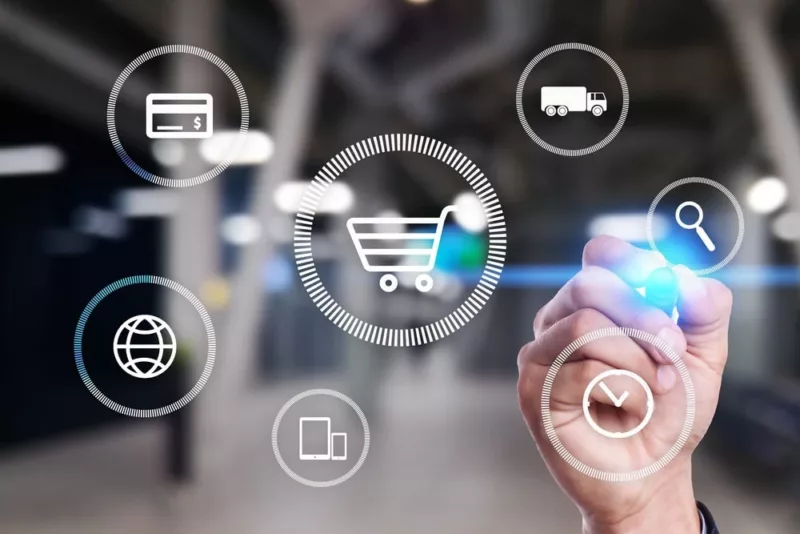
Consider what that means.
- With fewer resources, you can reach a large number of people.
- Relationships can be personalized on a large scale.
- Your clients now have the ability to self-serve.
In general, the surge in B2B eCommerce is more than just a fad. Buyers and merchants are increasingly turning to online shopping because it streamlines operations and increases efficiency. This tendency is expected to continue in the future (in 2023 and beyond).
Should You Create A Separate Shopify B2B Store?
When merchants start looking at how to implement the Shopify B2B store effectively, one of the frequent questions is whether it should be configured on an existing Shopify store or separated into a different store. The answer depends on your store size, customer, and strategy as you’re about to discover.
Theoretically, you can ultimately use one centralized Shopify store to sell to many different types of customers. However, things aren’t quite so simple. When your store becomes more significant with the high-volume transaction, extending Shopify’s capabilities with more complicated B2B configurations is a must. For example, wanting to lock products, or perhaps you want to offer tiered pricing for wholesale customers, it all becomes tough to manage.
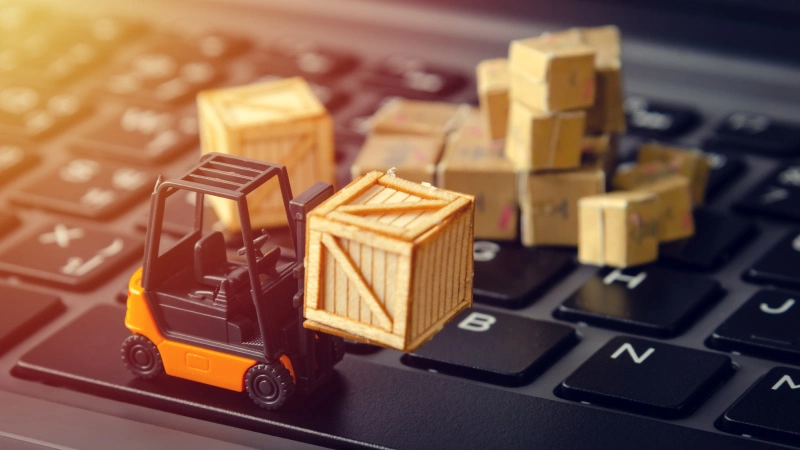
Specifically, three main variables impact whether or not you should separate your Shopify B2B store:
- Inventory management
- Figure out what additional currencies are required
- How to set up B2B product access
Shopify B2B Login – Locking B2B-Specific Content With Customers
1. Shopify B2B Store Inventory Management
Many Shopify businesses today target both B2B and B2C customers at the same time. In contrast, these two objects’ selling prices and methods are entirely different. B2B customers expect the same seamless, personalized buying experience, while B2C partners tend to expect rapid digital transformation.
Furthermore, bulk orders from wholesale customers can lead to difficulties controlling inventory, especially when providing the same product to both customers.
So how can you prevent individual customers from buying at a discounted price? Conversely, managing inventory for both customer files to ensure they don’t infringe on each other’s goods? At this time, setting up two Shopify B2B stores is essential.
Unfortunately, Shopify’s default feature doesn’t allow you to categorize your inventory based on customer type. Therefore, it is impossible to change the quantity on the product page by customer type when displayed outside the front-end unless you use third-party apps or custom coding.
As a result, all supplies are shipped from the same warehouse you created in Shopify, which can cause problems such as B2B customers ordering your entire inventory! So, in this case, if you need to split your inventory, you’ll need a second Shopify B2B store.
2. Currencies Limit In Draft Orders
As a leading eCommerce platform, Shopify doesn’t disappoint as it pushes you to expand your business by supporting multiple currencies. However, this feature is not available for draft orders. Consequently, customers can only fulfill draft orders in your Shopify store configured base currency.
So if you set the base currency to USD, your customers can only order in this currency even if you install multiple other currencies.
This results in a much worse user experience on your online store. To get around this, you must explicitly divide the stores for each currency.
3. Shopify B2B Store Product Access

Finally, the last key factor is site access. Most Shopify B2B stores now implement a strategy of locking the product until the customer logs in. This work is entirely understandable when hiding B2B products brings many benefits.
Furthermore, another option frequently seen is Shopify B2B stores that are open to the public but hide prices until a customer log-in. Don’t forget that B2B Login/Lock & Hide Price can help you protect your content to the greatest extent possible by locking your pages with a passcode or adding a token to your link to restrict access to only specific clients.
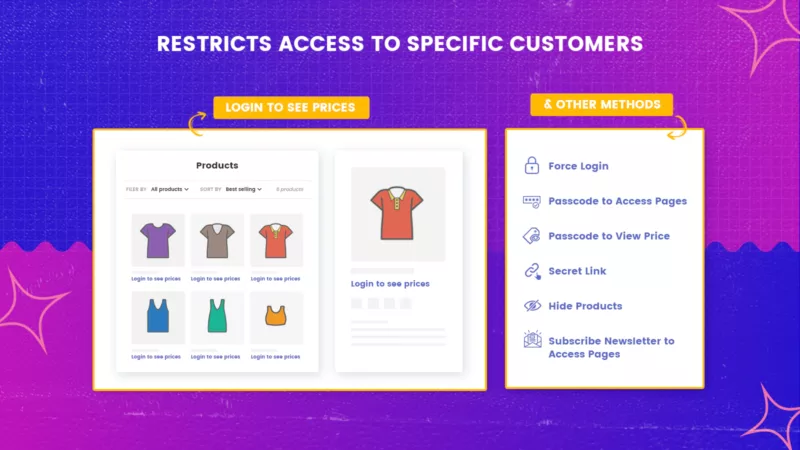
✨✨✨ TRY THE FREE TRIAL RIGHT HERE
You’ll need to reset your Shopify liquid theme code within your storefront if you’re not using a third-party app. However, it also means you cannot use the same code for your B2C store. Therefore, combining in a single Shopify store is impossible. You need two different stores for two customer types (B2B & B2C).
How To Set Up A Shopify B2B Store [Basic Steps]
Setting up a Shopify B2B store is not difficult. Still, it necessitates a series of processes, from creating an account to installing all the apps that ensure the Shopify platform works properly.
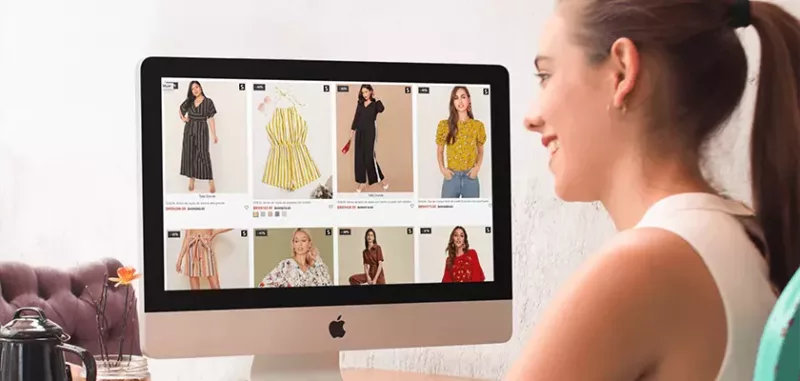
The first step, without a doubt, is to create a Shopify account. As a result, you are now a community member and taking your first steps toward becoming a Shopify store owner. After creating an account, you must add products to your online store. When you have things for sale on your Shopify B2B stores, it is necessary to make the website look appealing, which is where design comes in.
Obviously, you’ll want your online business to be appealing and easy to use. Therefore, it is critical to design an appropriate theme with a logo, font, and overall style when it relates to design. The color scheme and design may assist your online store becoming well-known, and it is fantastic publicity for your customers to find your site. You will also need to acquire a domain and correctly set up it.
Finally, all relevant Shopify apps must be installed for the B2B aspects of your online business to function effectively.
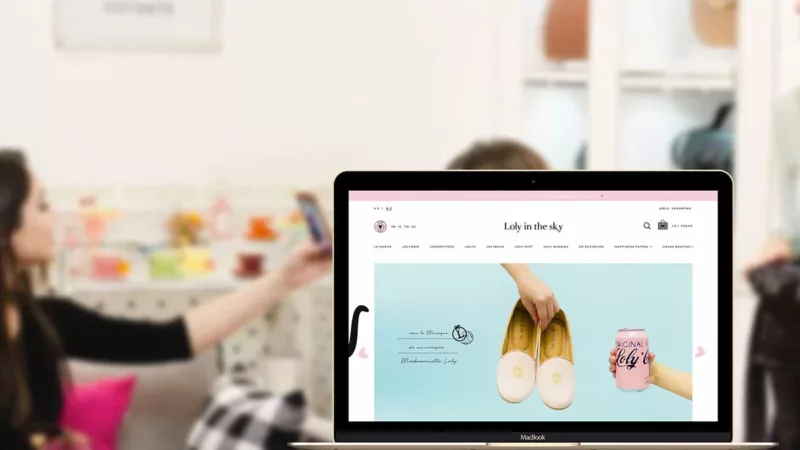
Read More: How To Set Up B2B And Wholesale Stores On Shopify In An Effective Way to find detailed steps!
However, ideally, you should hire B2B Shopify experts instead of manually setting up a Shopify B2B store to ensure a professional customer experience. It goes without saying that doing everything alone is the cheapest but most time-consuming option while assembling in-house staff is the most expensive.
In this case, hiring a team of expert Shopify developers to establish an online store for you is the ideal mix of cost and skill set available for creating an online Shopify platform for your store. BSS Commerce Shopify believes that having a skilled staff design an online store for your needs is the most acceptable option for successfully running a business at the lowest possible cost.
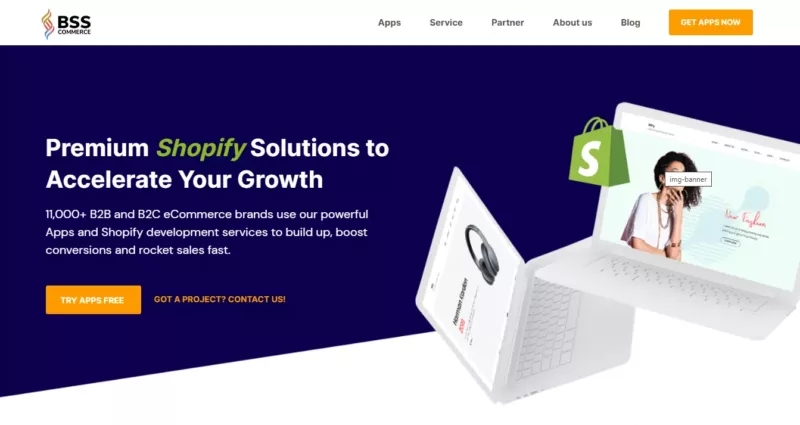
Successful Shopify B2B Store Examples
General Electric

Reason for success: Shopify B2B store goes directly to the consumer
General Electric, founded in 1892, is the epitome of an international B2B corporation. According to the Fortune 500, it was the 13th-largest enterprise in the United States in 2017. That kind of history and size does not come without challenges.
GE accomplishes this through imaginative storytelling, such as its ideas “Are Scary” campaign.
However, GE’s direct-to-consumer (D2C) sites, such as C by GE, are where the branding rubber meets the eCommerce road. C by GE, a beautifully designed and interactive product, invites users to experience the future of light.
Large B2B organizations may test goods and omnichannel marketing campaigns with the same agility as newly financed startups by providing direct-to-consumer access points.
Polycom
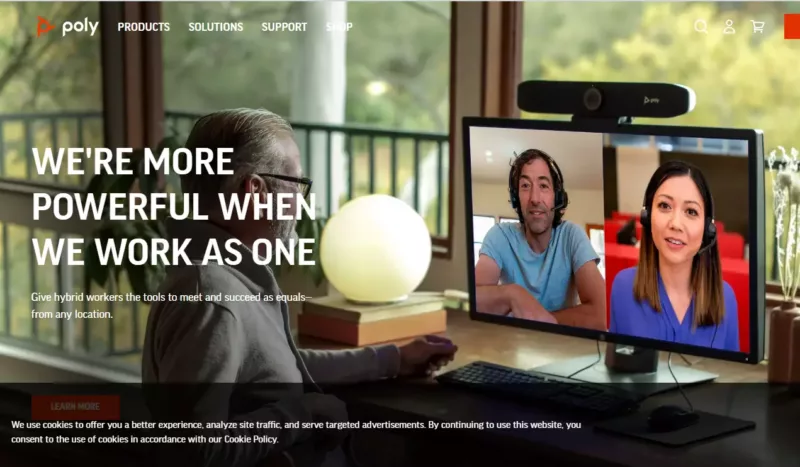
Reason for success: Start with what they need
Polycom‘s famous three-point phone may be found in almost every conference room. Polycom’s teams have created audio, video, and collaborative technology for over 25 years.
A slew of low-cost alternatives has invaded the communication market during the previous decade. In the face of this onslaught, Polycom has remained steadfastly committed to providing best-in-class solutions rather than entering a downward cycle of price competition.
How?
This Shopify B2B store provides a unique experience through an unwavering commitment to giving instructional content that meets the demands of its target audience.
It’s clear that you’re focused.
Along with standard navigation options such as solutions, services, and product catalogs, Polycom’s first clickable option puts visitors in the spotlight with a simple phrase: “I need to.”
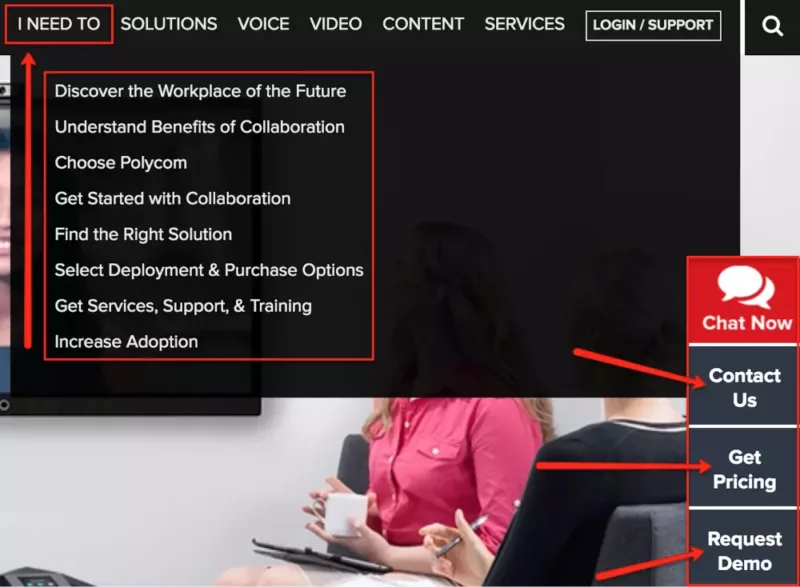
These requirements are supported by a repository of media-rich material that goes much beyond text on a screen. Videos, original research, whitepapers, webinars, in-person events, thorough spec sheets, and even presentation assets all appeal to the passion for self-service that B2Bs have.
The lesson is one that any B2B firm can apply: the demands of the customer come first. Products come second.
Nicotine River
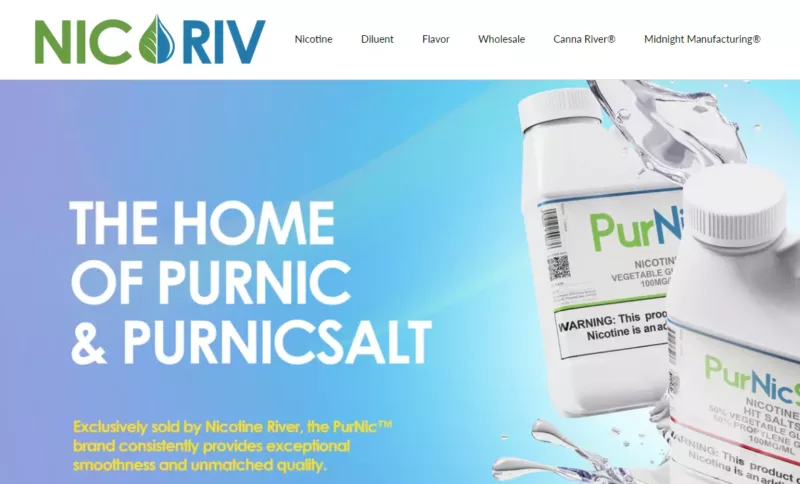
Reason for success: Customers are your best sales reps
Nicotine River is a supplier of liquid nicotine and laboratory equipment. Needless to say, the vapor nicotine market has exploded in the previous ten years, much like communication technologies.
Unlike Polycom, Nicotine River has chosen trust as its primary driver for product differentiation rather than investing in content or social media.
Because of a creative combination of apps such as Yotpo (for user reviews), Fomo (for real-time social proof), and McAfee SECURE, each website emanates credibility (for security concerns). Nicotine River relies on third-party validation to validate its claims at each stage.
Why is there such a focus on trust?
For starters, humans are people, even in business. The same biases that cause compliance are present in wholesale transactions as they are in B2C sales. Second, user-generated content—specifically, reviews—is one of the most potent triggers you can utilize online. According to Yotpo’s extensive research, visitors who see UGC are 166 percent more likely to convert than those who do not.
In other words, your best salesperson is not you but rather your consumer.
Check out How To Create Shopify B2B Experience With Available Apps On The Market
eJuices
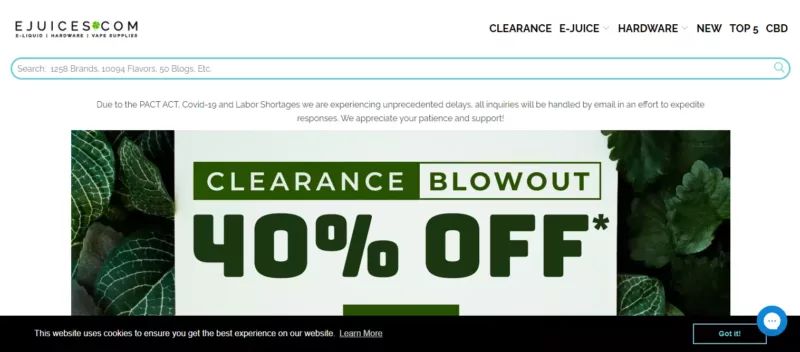
Reason for success: Help resellers sell “direct.”
If Nicotine River is the mature version of liquid nicotine, eJuices is its millennial equivalent. That ethos shines through, particularly in the onsite visuals.
eJuices is a Shopify B2B store that excels at customer-facing B2C touches in branding and user experience. As a result, supporting its retail partners is a primary priority.
eJuices’ Direct option and customer-friendly features like robust search, a rewards program, and “typical lead time” for every product eliminated what may frequently be a sale stopper in B2B business: inventory.
Rather than requiring substantial upfront purchases from retail partners, the company has developed a “virtual warehouse.”
Furthermore, its explainer video – used in place of a heavily worded terms of service PDF – describes the process in great detail.
The message here is not only to know your niche and naturally communicate with it but also to invest in strategies that reduce the risk for resellers.
ScaleTrains
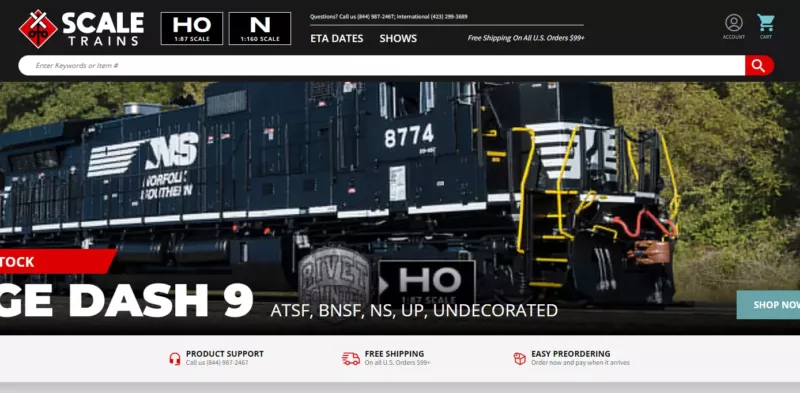
Reason for success: Tell them when it’s coming.
Hobbyists are a notoriously fickle bunch which is not a dig at fans. It’s a testament to their drive if anything. Anyways, the more time and energy someone devotes to a particular art form, sport, or craft, the more intense their emotions become.
Catering to amateurs in the B2B sector means never giving them an excuse to complain. The failure to provide a precise delivery timetable is at the top of the list of unnecessary complaints, regardless of the industry.
In other words, the trains must arrive on time. This is especially important when selling trains.
Aside from puns, ScaleTrains.com – an “upstart model train manufacturer” – not only sets clear expectations on shipment dates through its checkout process but it’s also established an entire page dedicated to anticipating product availability before it becomes a problem.
Two lessons stick out in this scenario. First and foremost, your delivery schedule does not have to be a dry spreadsheet of dates and inventory. Instead, it can and should incorporate the style of your market. Second, never pass up an opportunity to introduce scarcity to your buyer’s journey (for example, “Extremely Limited”).
It’s Time To Make Your Shopify B2B Store!
As you can see, B2B eCommerce is an excellent approach to gain new customers and boost revenue for your company. A B2B eCommerce platform can assist you in getting there by creating an online storefront, increasing inventory management, or optimizing your recordkeeping process. Essentially, Shopify is a terrific platform for B2B businesses because it can help you power up your store and reach out to more customers.
To summarize, there are three critical factors to consider when deciding whether or not to construct a separate Shopify B2B store. If any of these scenarios relate to how you intend to set up your B2B operation, you’ll most likely need to construct a new Shopify store. The good news is that, even if you need to develop different stores, Shopify provides many tools to make continuous maintenance simple for your staff.
While the platform is simple to use, you can only obtain the best results in terms of sales generation when expert Shopify developers work for you. On the other hand, professional developers will concentrate on using novel technologies supplied by the platform to improve the business. In contrast, you may focus on marketing and inventory management.
When talking about building an online store with B2B services, BSS Commerce has a profound grasp of business demands. Simply contact BSS Commerce Shopify to obtain instant assistance from devoted and seasoned Shopify Website Developers.
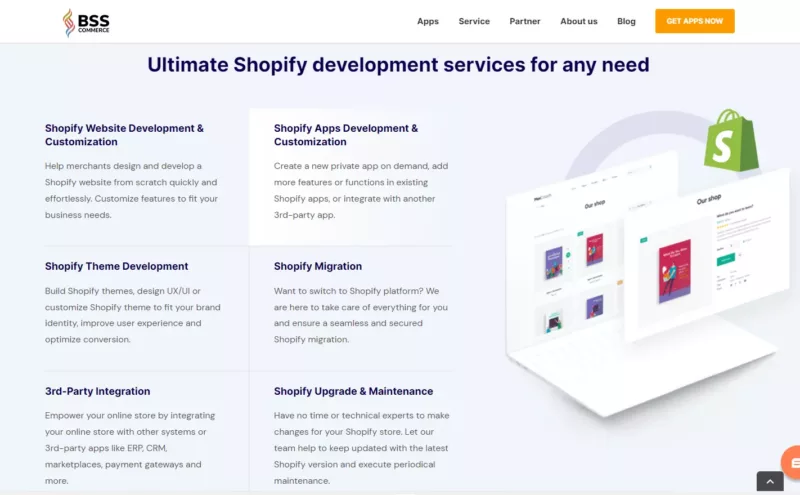
After reading this post, we hope you will find some useful information about Shopify B2B stores, and please contact us if you have any questions.

